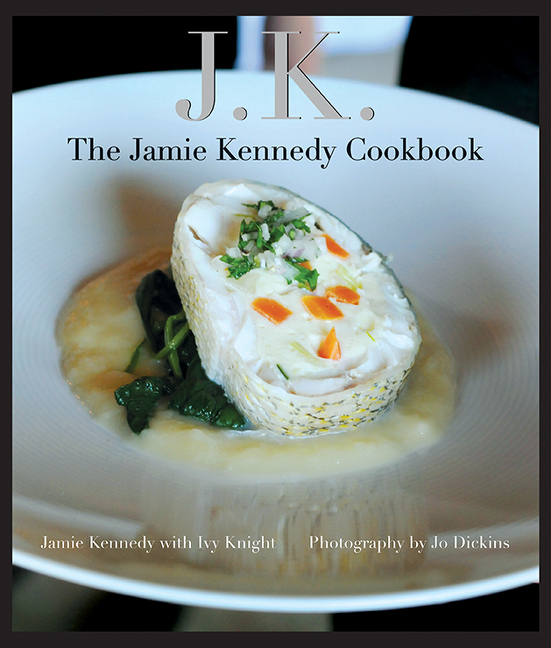 At 3pm on a Wednesday afternoon at Gilead, the last of the lunchtime stragglers are paying up, and there is a quiet hum of activity from the kitchen, where busy cooks are visible through a gap behind the counter. Sun streams in through the windows facing the alleyway in Corktown and the atmosphere stirkes me as mellow and welcoming as the restaurant’s proprietor, Jamie Kennedy. Kennedy has, after a 14 year hiatus, published his
At 3pm on a Wednesday afternoon at Gilead, the last of the lunchtime stragglers are paying up, and there is a quiet hum of activity from the kitchen, where busy cooks are visible through a gap behind the counter. Sun streams in through the windows facing the alleyway in Corktown and the atmosphere stirkes me as mellow and welcoming as the restaurant’s proprietor, Jamie Kennedy. Kennedy has, after a 14 year hiatus, published his second third collection of recipes and anecdotes, JK: The Jamie Kennedy Cookbook, and I am here to interview him about it.
I am biased, as I know the man and like and respect him immensely, and JK the book strikes me as an accurate expression of the man. The book is for grown-ups: it’s a serious chef’s cookbook that details the food he’s making now. It’s also a testament to the burgeoning Southern Ontario culinary scene that he has so much to build and encourage. Kennedy, who wrote it with the help of cook-turned-writer and impresario Ivy Knight, brought in photographer Jo Dickins, who also works for his company JK Kitchens and has been documenting his moves for years. The result is intimate and expository, as well as hospitable: it draws one into the world of JK and reminds one how amazing the last decade and a half has been for those of us who like to eat well in Ontario.
I sat with Jamie Kennedy, at a table at Gilead munching on a gluten-free cookie from a new recipe, to conduct this chatty interview.
THE INTERVIEW
This interview has been edited for clarity and style.
GFR: James Chatto has neat quote in JK: The Jamie Kennedy Cookbook where he talks about the old JK Wine Bar on Church Street and says something like “I realized that every trend in Toronto of the 2000s happened in that room first.” I feel a bit like your book captures the zeitgeist of the what’s been happening in our culinary scene, especially in terms of local foods, over the past ten years. I don’t know of another book like it, and I don’t think I have ever read another cookbook that uses the word ‘Ontario’ as many ties. It feels like a kind of validation, as a Toronto foodist and one of your customers and followers of what we’ve been eating and celebrating.
Jamie Kennedy: A fellow sojourner!
GFR: I’m guessing that was important when you were writing? I mean telling a story form a sense of place.
JK: Yeah, that was important. It’s funny, I’ve never looked at it that way – I’m just living in that world. But I can see it being validating for a lot of people in that way; people in the community who hadn’t seen it written about before.
The book captures a lot of stories. The recipes act as a vehicle that I can thread together a lot of stories. The recipes are all about being made with Ontario food, with things that can be grown here. Of course, the core technique is French, because that’s what I was taught – though I foray into other areas.
GFR: You didn’t call this book “Jamie Kennedy’s Easy Meals in Under 30 Minutes”.
JK: [Laughs and points to an elaborate pickerel dish on the cover of the cookook.] No, especially not for the dish that’s on the cover. I’m trying to be inspiring. I know people might look and say, well I’m never going to make that. But they might say, isn’t that cool? And what’s in the book is what I do. I don’t want to dumb it down. So it’s more about what’s possible. And who knows? A twelve year old might read it and decide they want to get into cooking.
GFR: And, I think it’s worth mentioning that there are 6,000,000 people who live within a 100 kilometers of where we’re sitting who might want to come in and taste the dishes in the book – experience you style of cooking for themselves. I love going to Chicago or London or New York, but we’re a big city too. Why don’t we publish more cookbooks about what’s happening here?
JK: A lot of the inspiration for doing the book came out of the Local Food Movement Dinners we’ve always staged here. We’ve always tried to make heroes out of local wine growers and food producers. My role is just to synthesize something by bringing them together and give them a platform to speak to a captive audience of diners. It’s a formula that’s worked very well. People invariably leave with a feeling like ‘Wow this is excellent, and it’s all from here – all from within a 100 kilometers. Who are these people, and why haven’t I heard of them before? Where have they been hiding?’ It’s very gratifying.
So, the stories [in the book], are woven through the recipes. And the recipes are often an opportunity to talk about something that might not be closely related tot he recipe at all… but, for some reason, there’s an inspiration behind it, and the recipe just triggers a story.
I remember when I was in the process of writing sometimes it was just a stream of consciousness. I just went with it. So, the over all idea and overarching theme was to dredge up stories and ideas. Some of them are more visceral. Some of them border on being political. I think it’s our role as chefs to be influencers, especially if we have a consciousness that ’s grounded in sustainability. With growers, if we can help growers become more sustainable. And by dictating more to our customers what they should be eating. You would have touched on that when you talked to Dan Barber: it’s kind of the thesis of the third plate.
GFR: Yes. But it’s not a new idea, as you know. You have been practicing that since pretty much the beginning.
JK: Sure, but it’s especially important now. I view the current time as one of education for everyone involved who wants to further the cause of local food procurement. I want to educate consumers that the value of food is not always what it costs with money. There are other ingredients there that contribute to food’s value. And, you know, we’re winning more and more. The evolution has been astounding in the last decade. I have been watching it for about three decades, and this last decade has been so accelerated compared to the last two.
GFR: You’re also a supplier now: a farmer and a winemaker, which you write about in the book.
JK: I am just a supplier to my own restaurant, and that’s largely a gesture. It’s about having a platform to discuss what’s possible, what it takes to grow things and the role of the grower. And how the cook should really have experience on that side of things. I want my cooks to be instilled with a respect for ingredients and how they are grown. That comes out in the cooking and the presentation of food and how you communicate those ideas through the front of the house in the restaurant. So, all of those things are communicated to the customer. Not in a preachy way. It’s really more about a feeling of excitement and passion… and genuineness.
GFR: Passion is what got you your first job. You write that you told your first chef boss that you loved to cook.
JK: Yeah, and the guy laughed!
GFR: Do you still love to cook?
JK: Yes, I still do! I still cook every day and I love it. I love the process of it. It’s been a wonderful career. I can’t think of a better career to have chosen to put myself around interesting people and interesting ideas. And over a table. So much happens over a table.
GFR: I didn’t do the math on how many years were in between this book and your first second book [Jamie Kennedy Seasons].
JK: 14… that’s a good chunk of time.
GFR: That is a good chunk of time. Do you think there will be another one? And in less than 14 years?
JK: Probably. I think now I am entering into another ‘mode’ where I have a lot to say. I am very interested in food policy and education. So, I think the next book might be more research and more stories; less recipes.
GFR: Can we talk about the story of your French fries? Why you made that one of your signature dishes? I hadn’t heard that one before I read about it in the book.
JK: I was in Paris as a young cook and bought French fries in the street from a vendor – not in a fine dining restaurant – and had that leap in quality [compared to Canadian French fries] presented to me opened my mind to the possibilities of delivering excellence that wasn’t limited to white clad tables in a restaurant. When I broke it down, I realized that what this woman on the street was doing was just the simple thing of chosing the best component parts: potatoes, oil, salt. They were chosen with particular care. And the execution was thoughtful: she took the time she needed to take. So, later French fries were a way I thought I could popularize excellence and show that the bar for fast food in North America was pretty low. And I guess I have a desire to have an impact on the population in general, and not just the elite few that can afford a $150-$200 restaurant experience.
GFR: Your collaborators on the book include the writer Ivy Knight and Photographer Jo Dickins, who is also your assistant. I love all of Jo’s photos from events in the last little while, she captures the spirit of the ones I was at and makes me feel like I was at the ones I missed.
JK: I think that’s unique to this book. Jo’s and my close working relationship means that just through osmosis she understands my psyche and my view of the world. The photos she chose show her own vision, but they also demonstrate a pretty good understanding of her subject. So, that’s great.
And Ivy… Ivy provided this kind of energetic youth factor to the book that I needed. It wasn’t in my universe to be writing a book at this point.
GFR: Did she have to bug you constantly?
JK: Not constantly, but she’d say, “Hey let’s do this, JK.” And she can be very convincing in her way. You know, she does so much for our industry, with her series of events at The Drake, which gets all out there and having fun with each other. So there was some of that in her approach to me, and it was definitely a factor in convincing me to get on board.
[Laughs.] And, of course, she told me I wouldn’t have to do anything, that she’d do all the work! But that’s not the way it worked out. That’s not her fault, that’s just the way things go. And it was pretty great: a great collaboration, absolutely.
* * *
 Malcolm Jolley is a founding editor of Good Food Revolution and Executive Director of Good Food Media, the company that publishes it. Follow him on Twitter or Facebook.
Malcolm Jolley is a founding editor of Good Food Revolution and Executive Director of Good Food Media, the company that publishes it. Follow him on Twitter or Facebook.

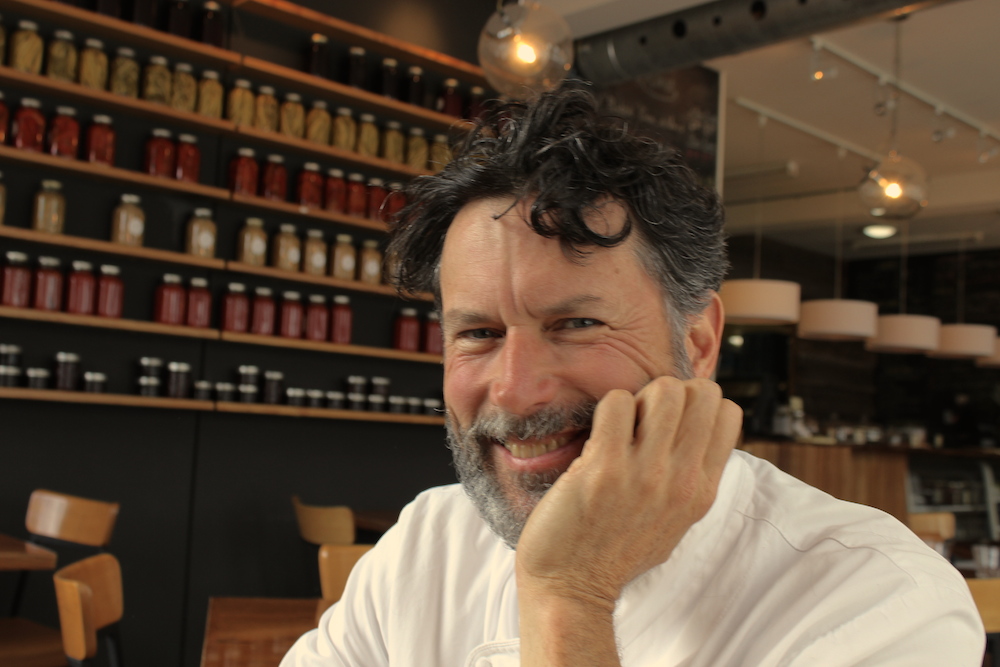

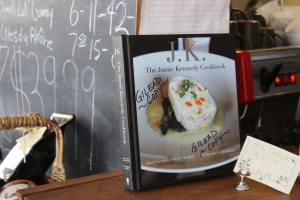
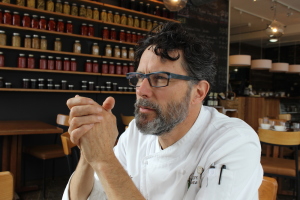
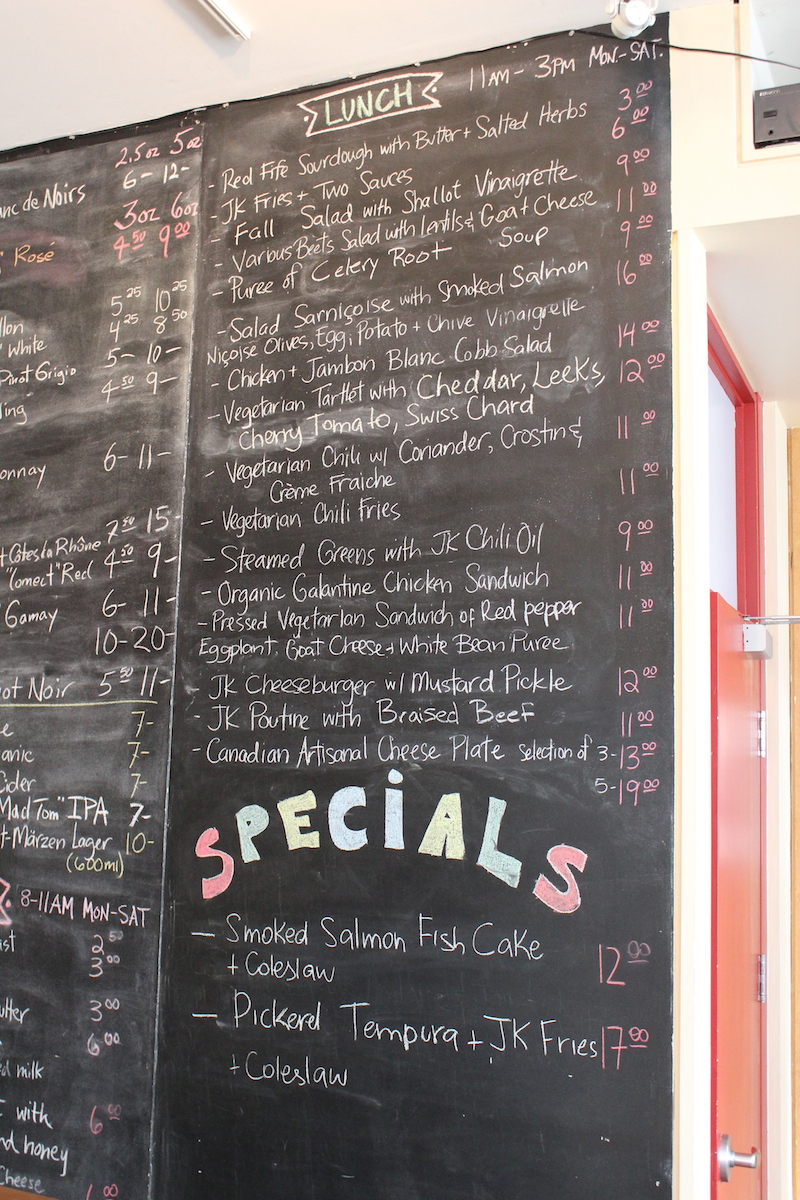
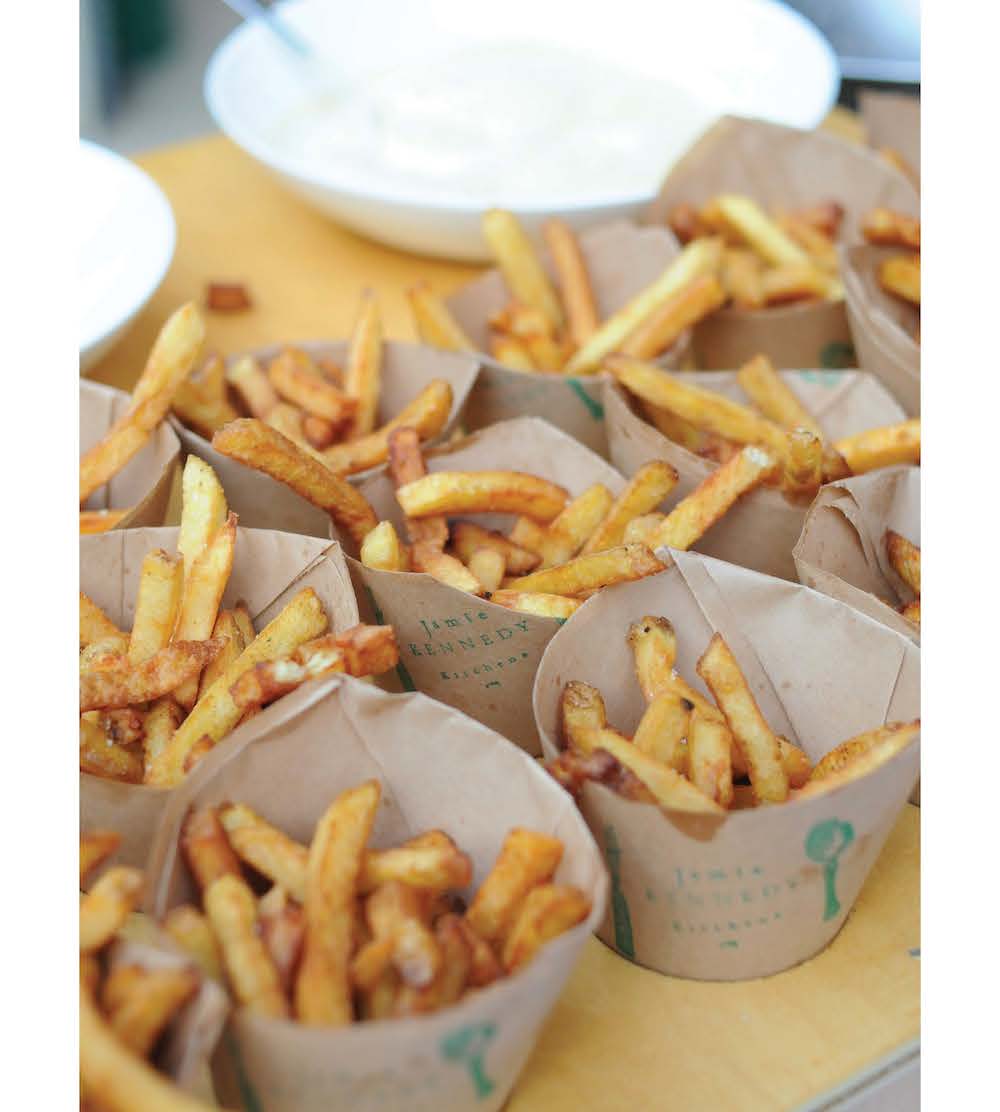

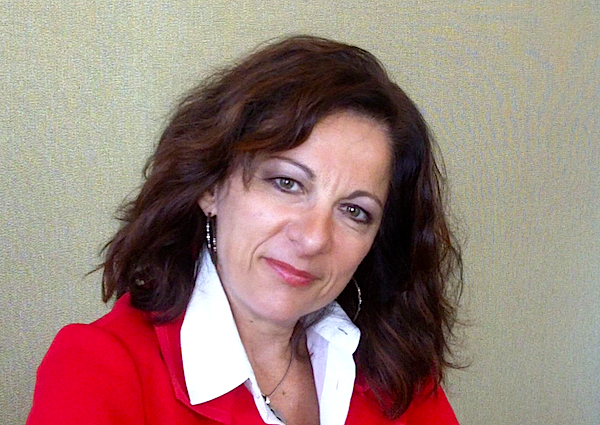
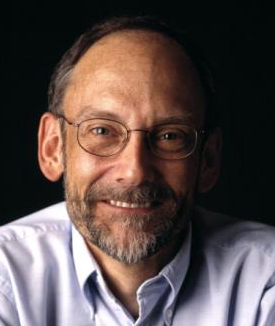
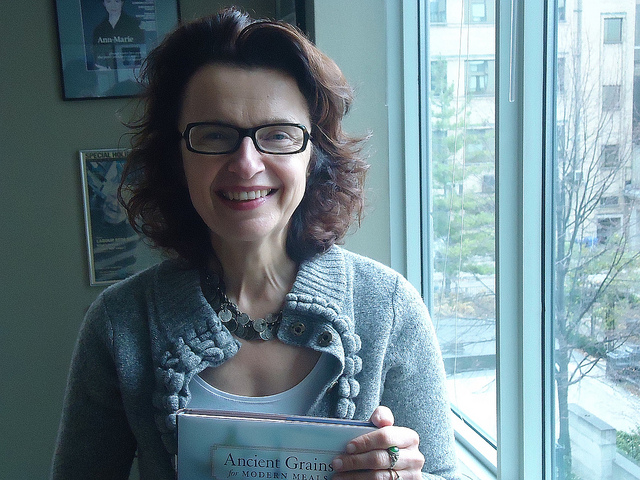
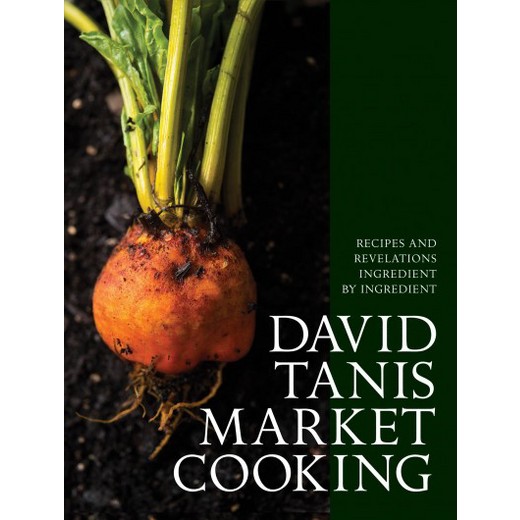

Apologies! Jamie Kennedy alumnus Jamie Drummond just reminded me that this is Jamie Kennedy’s third cookbook, and his first is ‘The Jamie Kennedy Cookbook’ published in 1985.
A great interview with a phenomenally talented individual who has been at the helm of showcasing ‘the art of the kitchen’ since his days at Scaramouche.
(and once again, a copy edit would have been nice!)